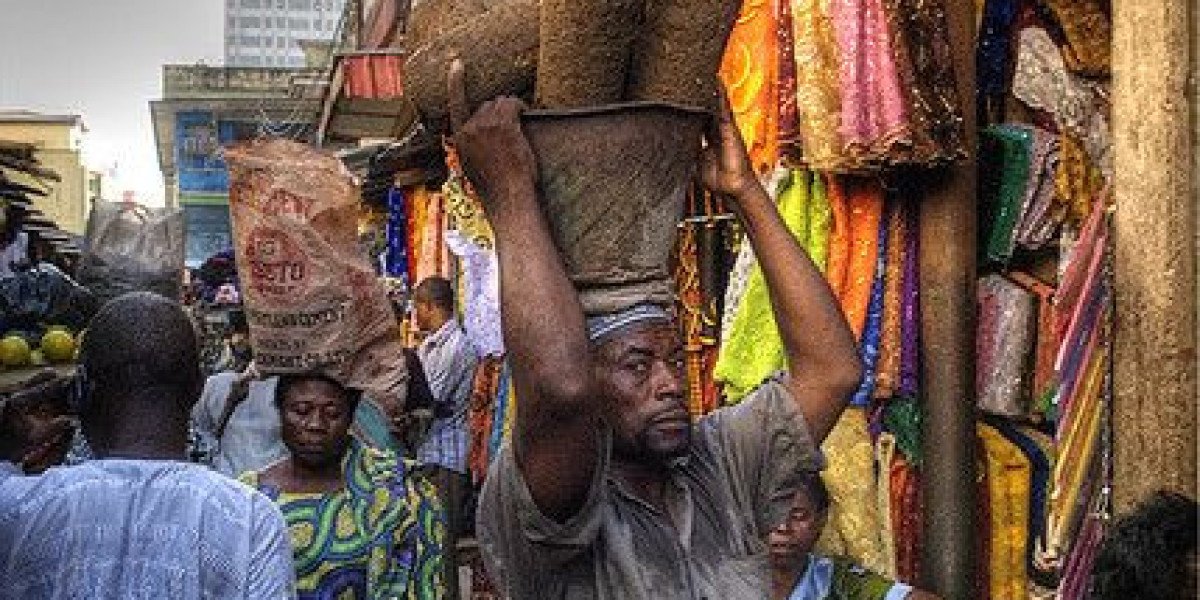As Nigeria marks six decades of independence, it’s a moment to reflect on a story that is as complex as it is captivating. This is a nation of incredible contrasts, where monumental achievements walk hand-in-hand with significant challenges. For any visitor looking to understand this dynamism firsthand, finding the right accommodation is the first step, with many options available from various hotels in Nigeria. From its artificial birth under colonial rule to its modern-day status as an African powerhouse, Nigeria’s journey is one of resilience, talent, and an unyielding spirit. Here are eleven facts that help paint a picture of this remarkable giant.
The land we now know as Nigeria is a relatively modern creation. It was formed in 1914 when British colonial authorities decided to merge the Northern and Southern Protectorates. This amalgamation forced over four hundred distinct ethnic groups into a single entity, creating the largest British colony in the world at the time. The name Nigeria itself is a colonial inheritance. From this complicated beginning, the nation stepped onto the world stage on October 1, 1960, gaining independence from the British Empire. With a population of over 45 million people, it began its sovereign journey under the leadership of its first prime minister, Abubakar Tafawa Balewa.
The path of a young nation is rarely smooth. Just six years after independence, on January 15, 1966, Nigeria experienced its first military coup. This event triggered a chain reaction that would define much of its early history. For twenty-nine of the next thirty-three years, the country was ruled by a succession of military governments. This era left a deep and lasting imprint, centralizing control over natural resources like oil and entrenching a culture of corruption that continues to challenge the political system. The most tragic consequence of this instability was the Nigerian Civil War. In 1967, the Eastern region, declaring itself the Republic of Biafra, seceded. What followed was a thirty-month conflict of immense suffering, which finally ended with Biafra’s surrender on January 15, 1970.
Yet, even during turbulent times, Nigeria’s potential and talent shone through. The 1970s saw an oil boom that propelled the country to become the wealthiest in Africa. State profits skyrocketed by almost fifty percent in just two years, reaching an all-time high of N5.3 billion in 1976, the same year it had joined OPEC to bolster its economic power. Culturally, Nigeria announced its intellectual might to the world when Wole Soyinka became the first African recipient of the Nobel Prize for Literature in 1986. The Nobel committee praised him as a voice for justice, freedom, and the end of tyranny. A decade later, athletic prowess took center stage at the 1996 Atlanta Olympics, where Nigeria won its first-ever gold medals, finishing with a haul of six medals that filled the nation with immense pride.
The return to civilian rule in 1999 marked a profound turning point, beginning the longest period of uninterrupted democratic governance since independence. This new era has been filled with milestones that have boosted national pride on the global stage.
In 2001, Agbani Darego shattered barriers by becoming the first African woman to be crowned Miss World.
Economically, Nigeria announced its arrival as a financial force when, in 2014, a rebasing of its GDP calculated it at $509.9 billion, officially making it the largest economy in Africa, surpassing South Africa.
In a stunning display of defying expectations, three Nigerian-American women—Seun Adigun, Ngozi Onwumere, and Akuoma Omeoga—made history in 2018 as the first African bobsled team to ever qualify for the Winter Olympics.
These achievements highlight a nation constantly pushing boundaries. To visualize the economic journey, the table below shows key milestones.
| Year | Economic Event | Significance |
|---|---|---|
| 1971 | Joined OPEC | Solidified its role as a major player in the global oil market. |
| 1976 | State profit reached N5.3bn | Peak of the oil boom, making Nigeria Africa's wealthiest country. |
| 2014 | GDP rebased to $509.9bn | Officially became Africa's largest economy. |
However, the narrative of Nigeria is one of duality. For all its wealth and achievement, it faces a profound challenge. Today, Nigeria is home to the greatest number of people living in extreme poverty anywhere in the world. This stark reality underscores the immense work that remains in building a prosperous and equitable future for all its citizens. As Nigeria celebrates sixty years of independence, its story is not a simple one. It is a tapestry woven with threads of triumph and tragedy, reflecting the unyielding energy and potential of its people who continue to strive for a better tomorrow.








